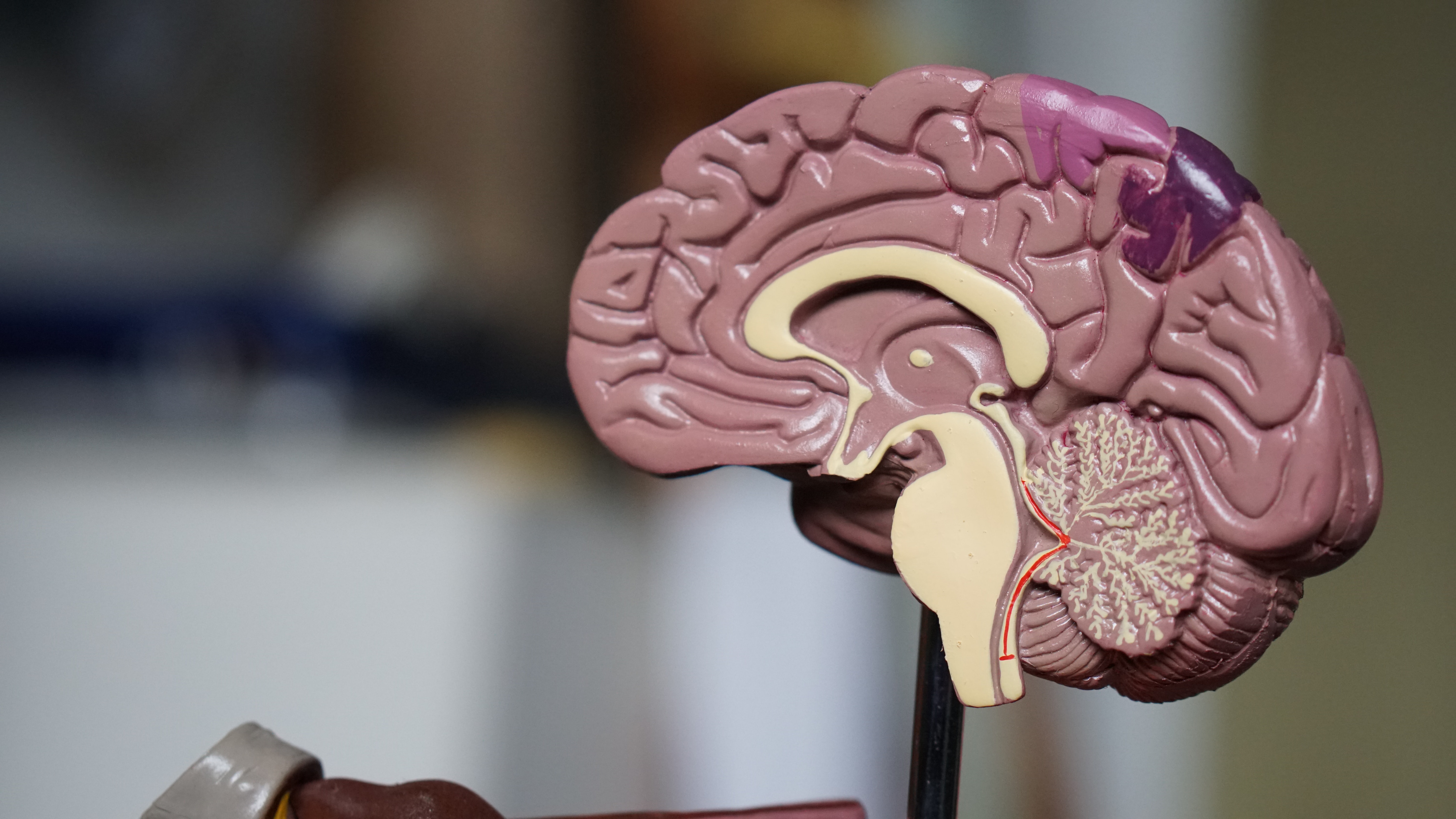
Every decade or so, the US Department of Education conducts a large cohort study of a large and diverse nationally representative sample of high school students; those students are followed for about a decade, and comprehensive information about their families, schools, educational experiences, peers, and other life contexts is collected from school transcripts and interviews with students, parents, teachers, and school administrators.
We revived and repurposed two of those cohorts ─ the 1972 National Longitudinal Study of the High School Class of 1972 (NLS-72) cohort and the 1980 High School and Beyond (HSB) cohort ─ to become studies of aging and later life well-being. This talk will focus on the design and potential of the 2021 (age ~60) HSB follow-up and the 2024 (age ~70) NLS72 follow-up. Both feature rich measures of cognitive impairment, health, and socioeconomic outcomes; both include surveys, cognitive assessments, in-home health visits, extensive biomarkers, and numerous administrative record linkages. To these, the 2024 NLS72 will add MRIs for a subsample of respondents. Education Studies for Healthy Aging Research (EdSHARe) is the broader project that includes these cohorts.